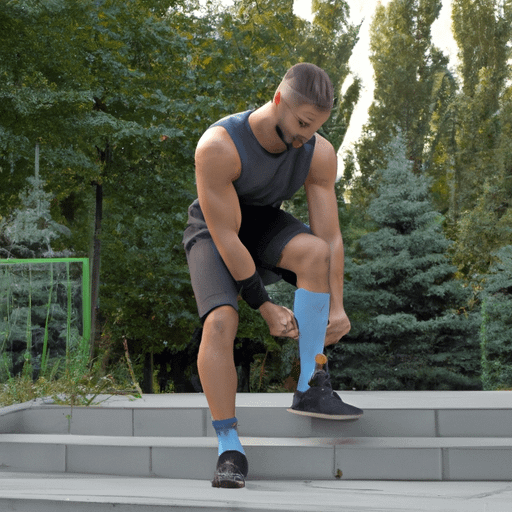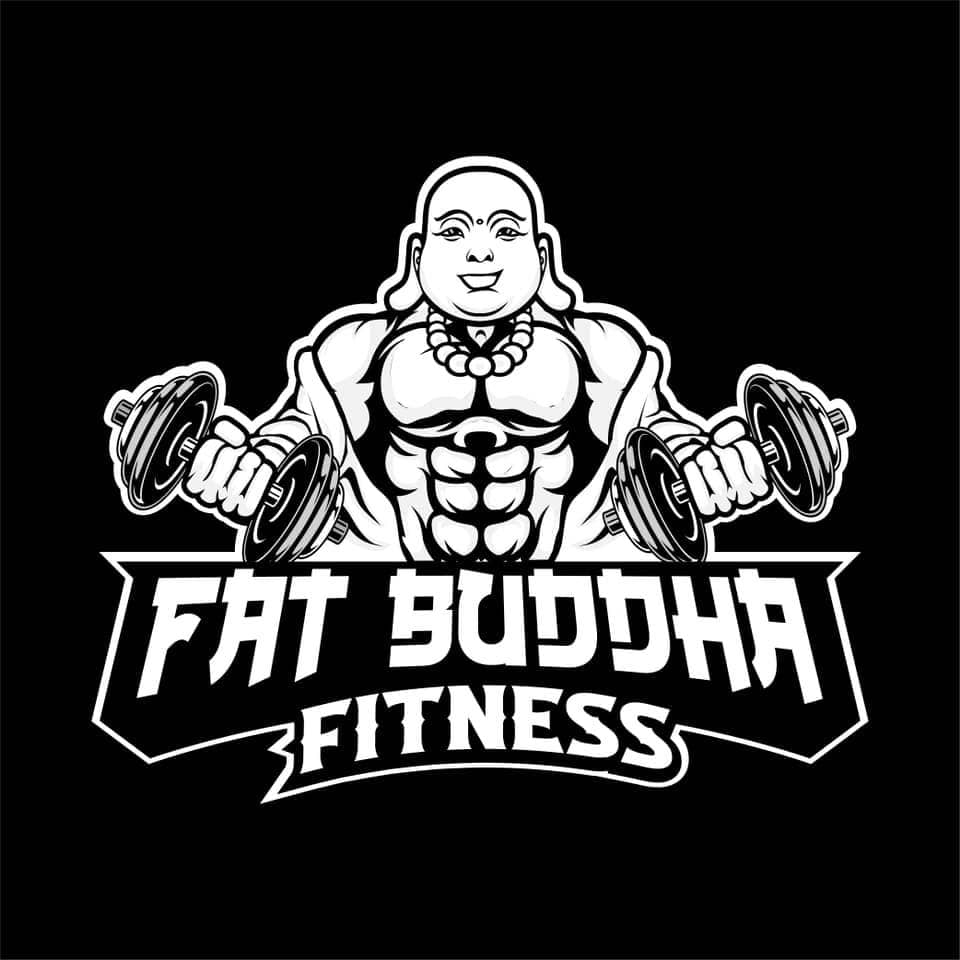
-
Table of Contents
How to Deal with Muscle Soreness from Exercise

Exercise is an essential part of a healthy lifestyle, but it can often leave us with muscle soreness. Whether you’re a seasoned athlete or just starting a new fitness routine, muscle soreness is something that everyone experiences at some point. In this article, we will explore the causes of muscle soreness and provide valuable insights on how to deal with it effectively.
The Science Behind Muscle Soreness
Muscle soreness, also known as delayed onset muscle soreness (DOMS), is the pain and stiffness that occurs in muscles a day or two after intense exercise. It is caused by microscopic damage to muscle fibers during exercise, particularly when performing eccentric movements or exercises that involve lengthening of the muscle.
When we exercise, our muscles experience small tears in the muscle fibers. This damage triggers an inflammatory response in the body, leading to the release of chemicals that cause pain and discomfort. The soreness typically peaks within 24 to 72 hours after exercise and gradually subsides as the muscles repair themselves.
Preventing Muscle Soreness
While it may not be possible to completely prevent muscle soreness, there are several strategies that can help minimize its intensity and duration:
- Warm-up: Always start your exercise routine with a proper warm-up. This helps increase blood flow to the muscles, preparing them for the upcoming activity.
- Gradual Progression: Avoid sudden increases in the intensity or duration of your workouts. Gradually increase the intensity and duration over time to allow your muscles to adapt.
- Proper Technique: Ensure that you are using the correct form and technique while exercising. Poor form can put unnecessary stress on certain muscles, leading to increased soreness.
- Stay Hydrated: Dehydration can exacerbate muscle soreness. Drink plenty of water before, during, and after your workouts to stay properly hydrated.
- Post-Workout Nutrition: Consuming a balanced meal or snack containing protein and carbohydrates within 30 minutes of completing your workout can help with muscle recovery and reduce soreness.
Managing Muscle Soreness
If you do experience muscle soreness, there are several strategies you can employ to manage the discomfort:
- Rest and Recovery: Give your body time to rest and recover. Avoid overtraining and allow your muscles to heal naturally.
- Stretching: Engage in gentle stretching exercises to improve blood flow to the muscles and alleviate stiffness.
- Massage: Massage therapy can help reduce muscle soreness by increasing blood flow and promoting relaxation.
- Ice or Heat: Applying ice or heat to the affected muscles can provide temporary relief from soreness. Ice helps reduce inflammation, while heat promotes blood flow and relaxation.
- Over-the-Counter Pain Relievers: Nonsteroidal anti-inflammatory drugs (NSAIDs) such as ibuprofen can help alleviate muscle soreness. However, it is important to use them sparingly and consult a healthcare professional if the soreness persists.
When to Seek Medical Attention
In most cases, muscle soreness is a normal part of the recovery process and will resolve on its own. However, there are instances where seeking medical attention is necessary:
- If the pain is severe and persists for more than a week
- If the soreness is accompanied by swelling, redness, or warmth in the affected area
- If you experience difficulty moving the affected muscles
- If the soreness is a result of an injury or accident
Conclusion
Muscle soreness is a common occurrence after exercise, but it doesn’t have to hinder your fitness journey. By following the preventive measures mentioned above and employing effective strategies to manage soreness, you can continue to pursue your fitness goals without unnecessary discomfort. Remember to listen to your body, give it the rest it needs, and seek medical attention if necessary. With the right approach, you can overcome muscle soreness and enjoy the benefits of regular exercise.
